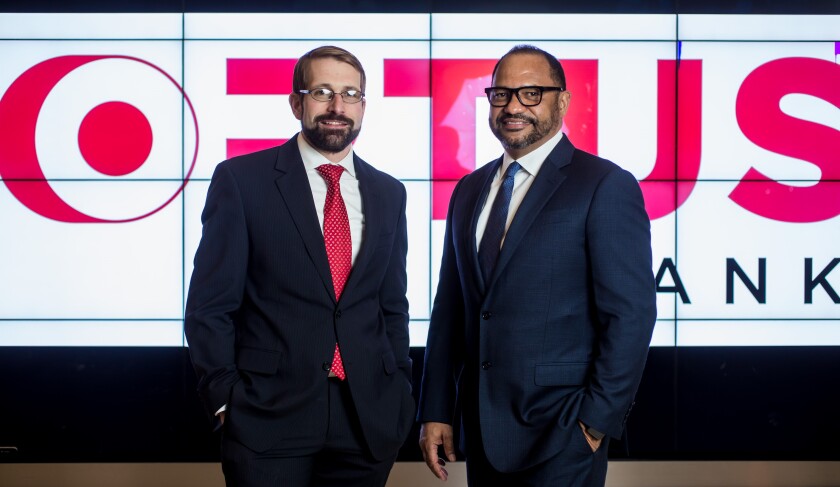"It's on-demand capital for us," Optus Bank's CEO says of the payment company's deposit. The funds are part of PayPal's broader effort to confront race and income inequality.
Various efforts to limit cash were in motion well before the global health crisis, but merchant and consumer digital money habits being built during the pandemic will carry on for many years, thus leaving cash sidelined in many purchasing scenarios.
The Internal Revenue Service plans to send approximately 50,000 “catch-up” economic impact payments.
The novel coronavirus pandemic led to a transition from employer-provided meals to food delivery services arriving at employee homes, as workers all but eliminated their travel expenses, according to a new report.
Amid the economic and health wreckage the COVID-19 global pandemic has created, payments have stepped to the forefront in a way that has allowed banks, merchants and consumers to not only continue to do business, but also to increase communication.
Several significant changes are probably in store for next tax season.
The Internal Revenue Service plans to correct penalties mistakenly levied on employers who reduced their tax deposits because they expected to claim some of the new tax credits to which they’re entitled.
The Minneapolis company, like other banks, moved its program for college students online because of the coronavirus pandemic. Here’s a look at what improved and what was lost.
The pandemic amplifies cybersecurity concerns for CPAs.
The Federal Reserve could ease capital rules, foster the creation of special-purpose banks and take other steps to strengthen minority communities and businesses without legislation being sought in Congress — if it has the will to do so, experts say.
















